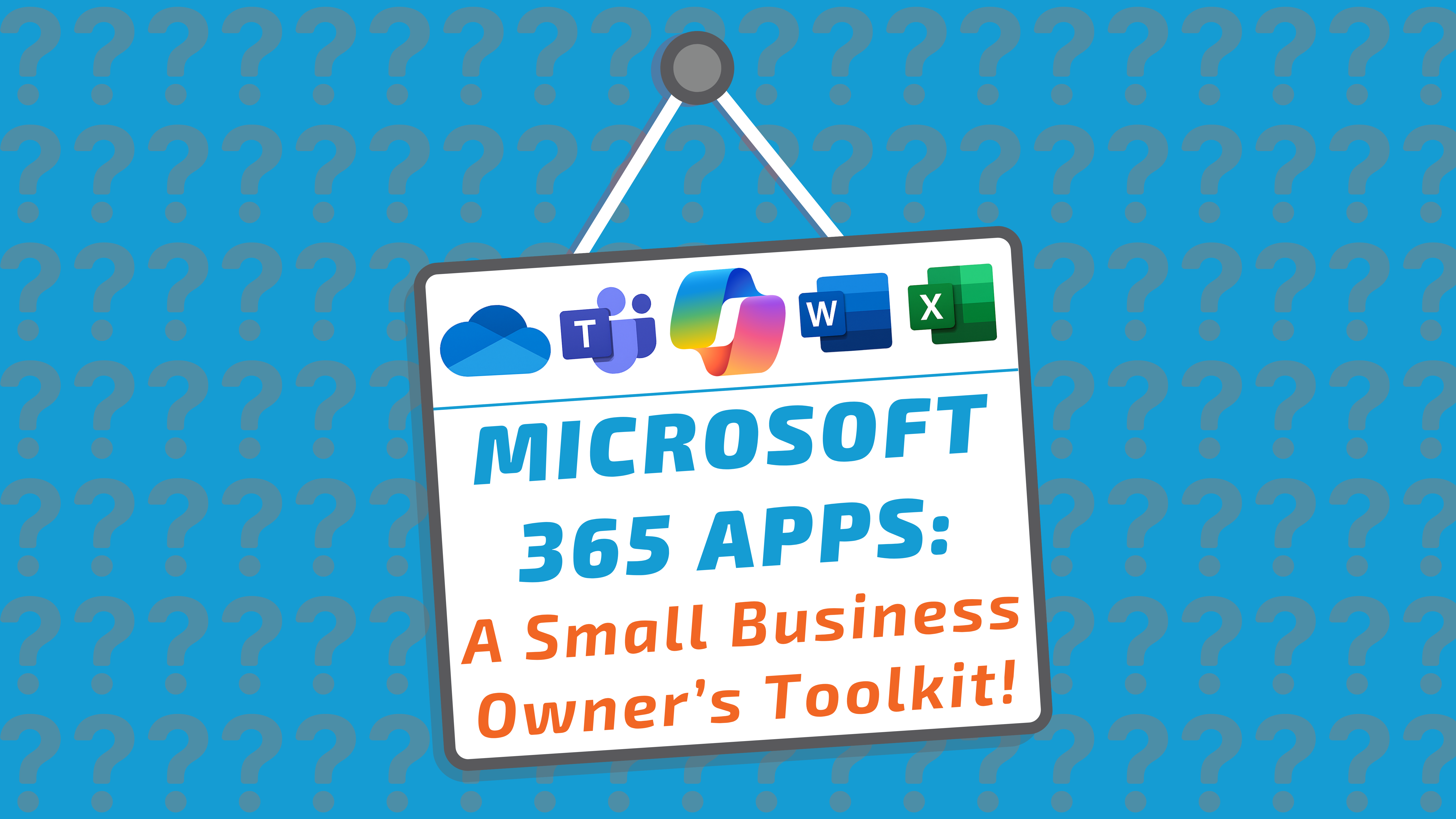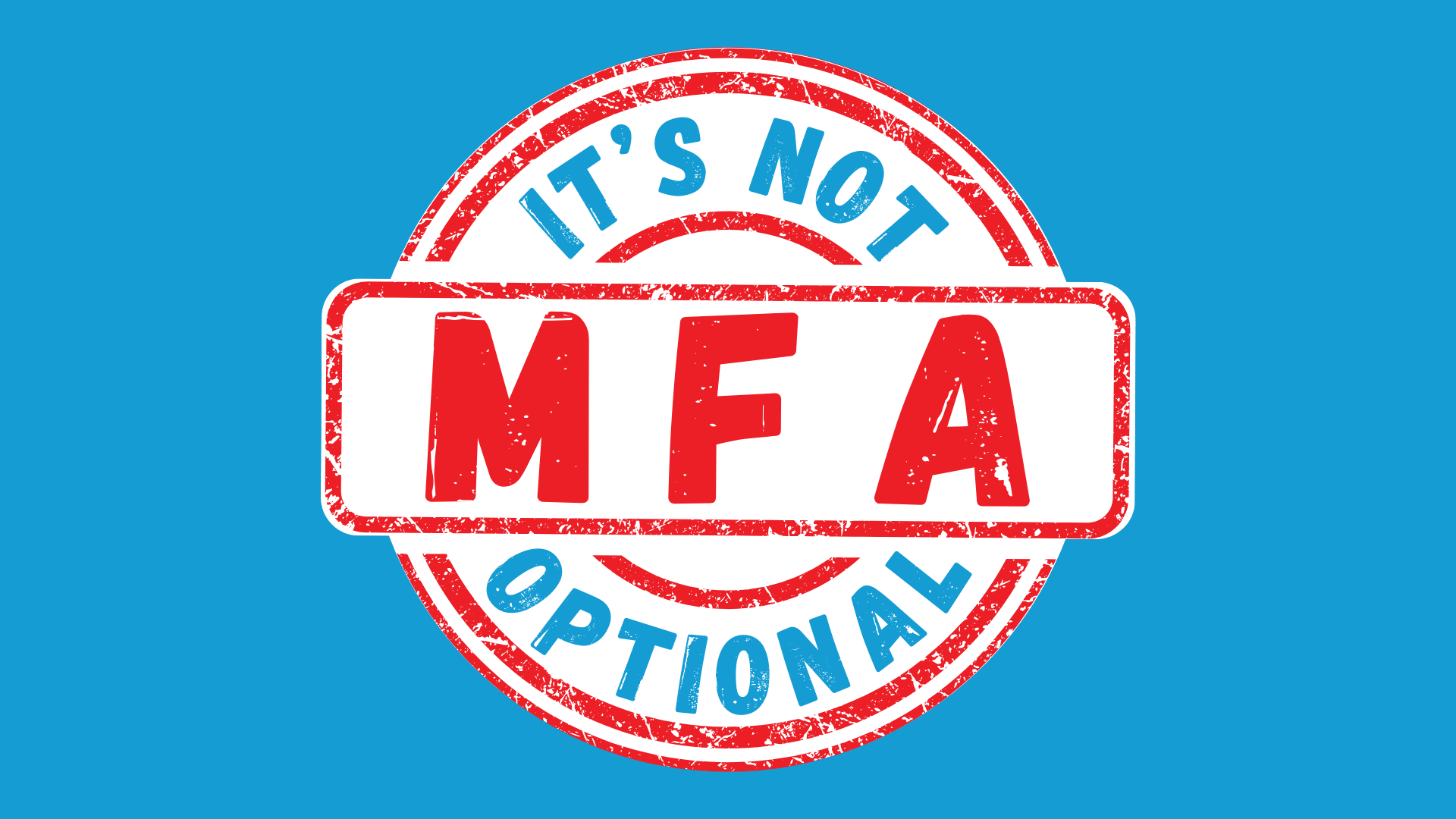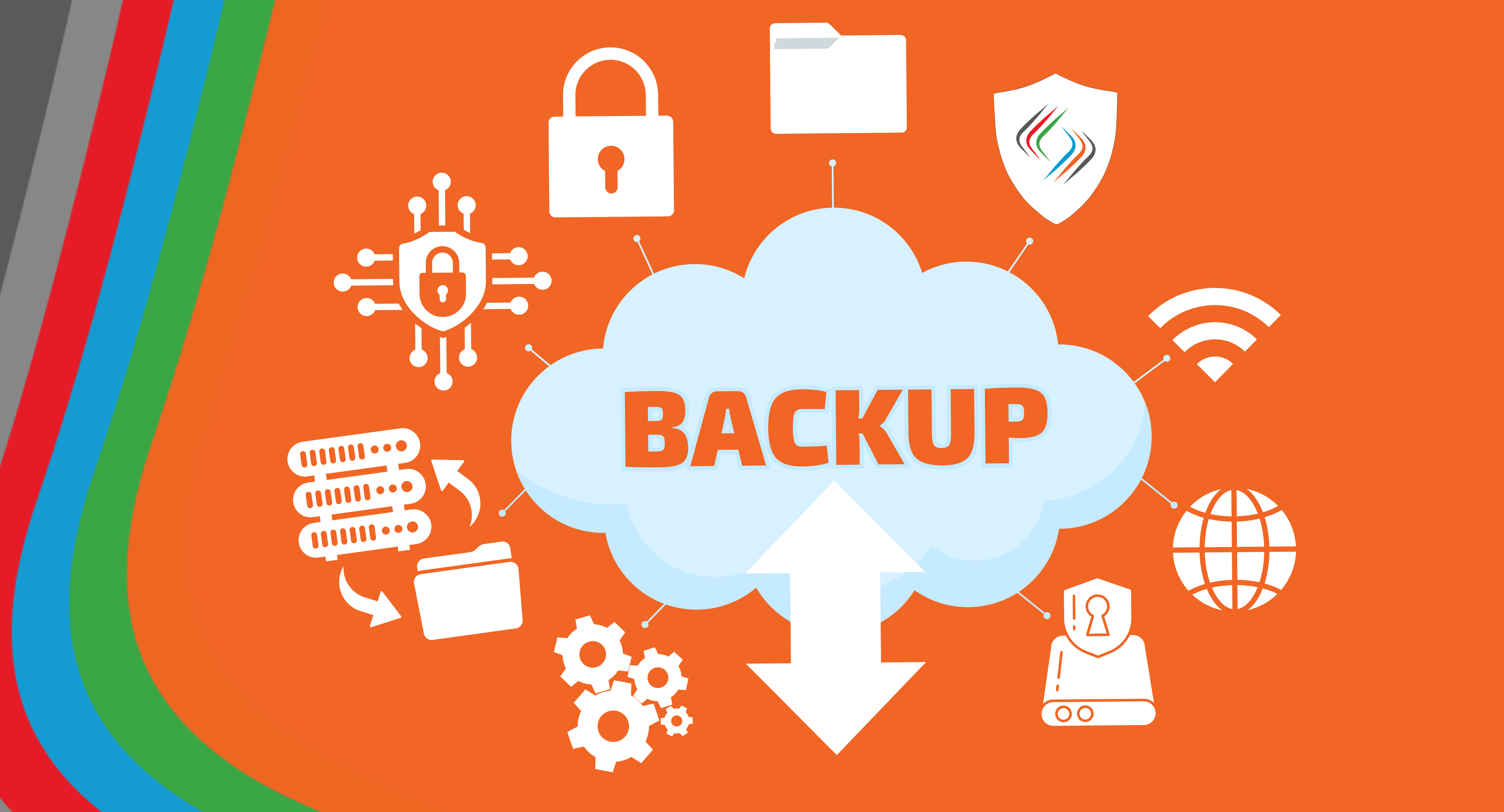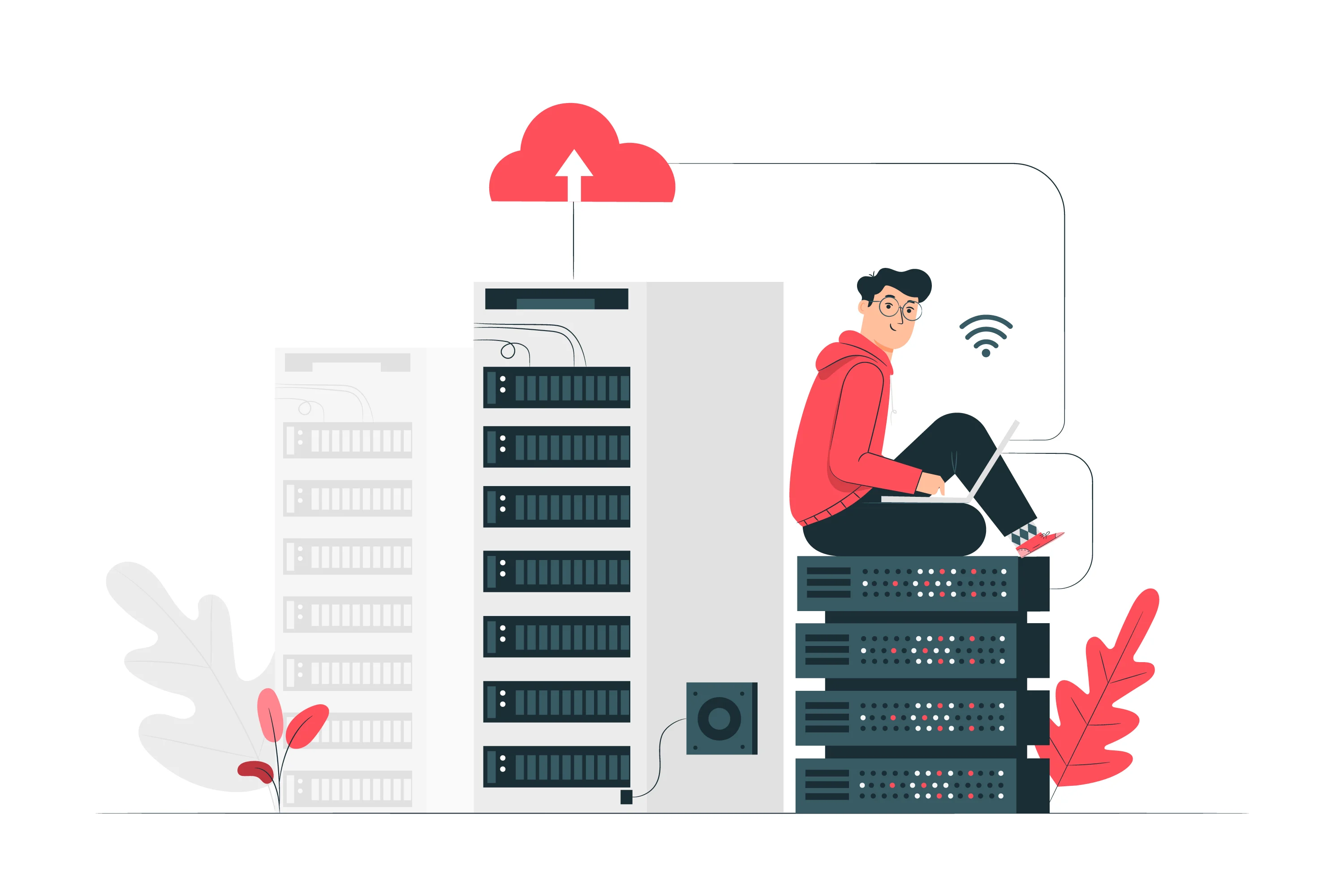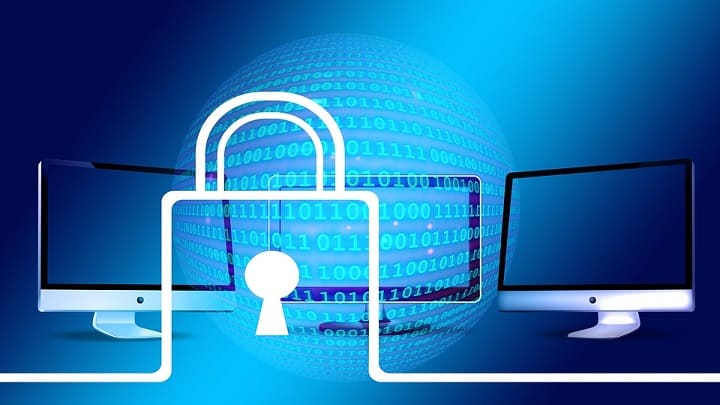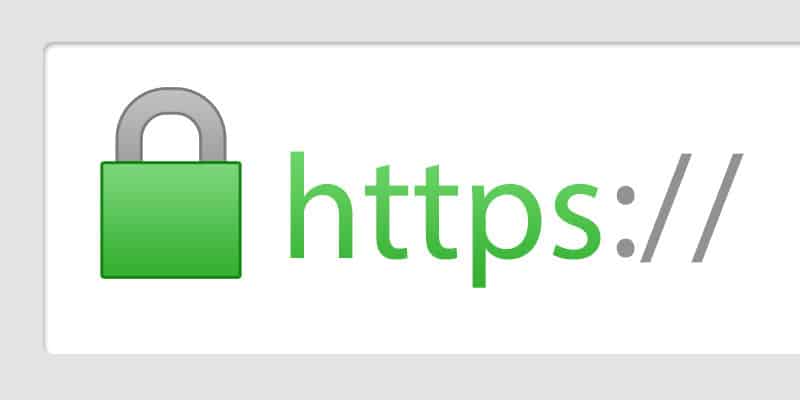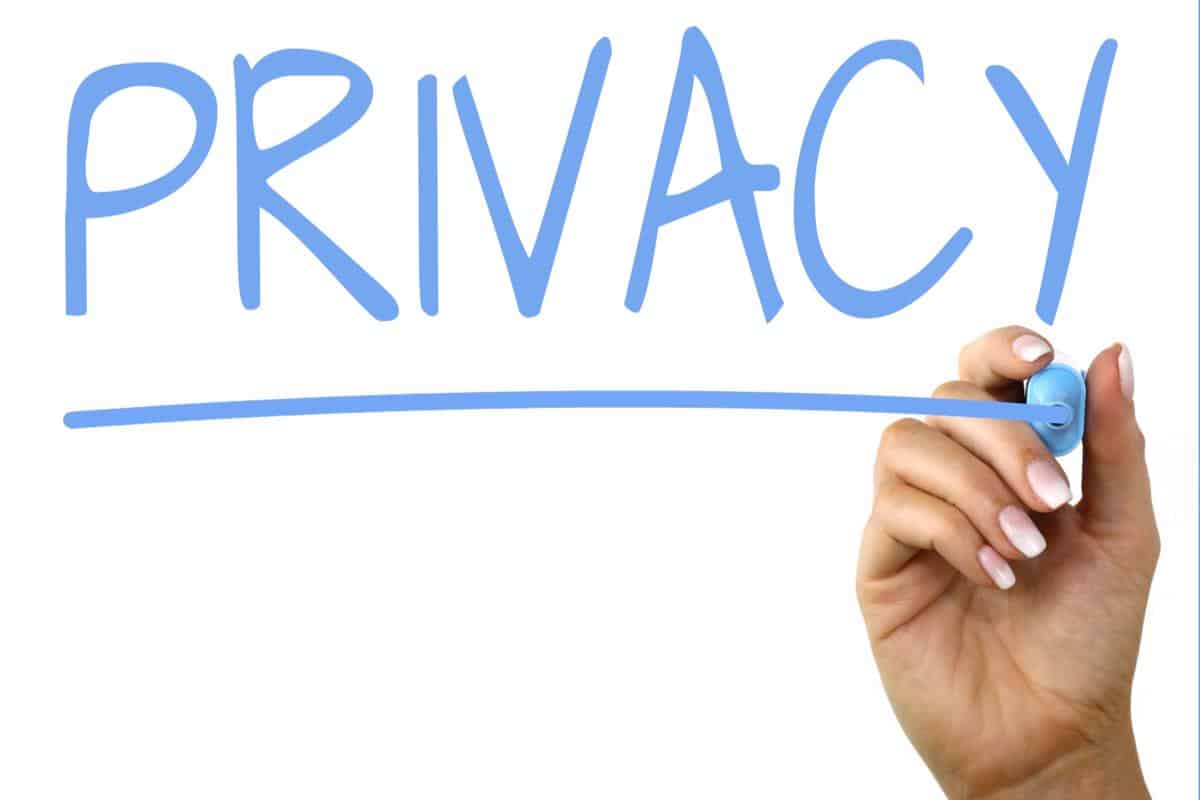In today’s digital world, it’s common for small businesses to assume that a quick chat about IT policies can replace formal guidelines. However, relying solely on verbal instructions often leads to confusion—employees may not always understand what’s expected. Without clear, documented guidance, you also risk running into legal challenges that could be easily avoided with the right precautions.
First and foremost, employees aren’t mind readers. What may seem obvious to you might not be clear to your team. This lack of clarity can create confusion, leading to mistakes that could have been easily avoided. For instance, if there are no formal guidelines around data security, an employee might unknowingly share sensitive information, resulting in a data breach.
At its worst, not having some basic IT Policies in place could lead to legal challenges. As a company that works with many small businesses, we understand the extra work this may represent now, but just like your cyber security or HR, done right now could save you many hours of work and reputational damage later on.
7 WAYS TO SAFEGUARD YOUR BUSINESS AND PEACE OF MIND!
1. 🔐 Password Security Policy 🔐
Most security incidents are because of password breaches. A password policy to meet Cyber Essentials (the minimum standard for cyber security) should include:
- Use of multi-factor authentication (MFA).
- A minimum password length of 8 characters, but in reality this should be much longer.
- Support employees in choosing unique passwords for their work accounts by using the ‘Three Random Words’ guidance.
- Should educate staff about avoiding common passwords.
Contrary to the popular beliefs, a password should not: - Have an enforced regular password expiry.
- Have an enforced password complexity requirement.
2. ✅ Acceptable Use Policy (AUP) ❌
An Acceptable Use policy highlights the proper use of company devices and data. It will also cover third party contractors, freelancers and volunteers and be an overarching policy covering areas such as:
- General Principles.
- IDs and Passwords.
- Managing and Protecting Information.
- Personal Use of your Systems.
- Electronic Communications.
- Websites and Social Media.
- Physical Security.
- ☁️ Cloud & App Use Policy ☁️
A Cloud and Software policy controls which apps are approved for work use, reducing risks from ‘shadow IT’, a term we use whereby a member of staff might use a web application or piece of software without your knowledge. This exposes your business to security risks, and compliance issues because you and your IT team don’t have visibility or control over these applications, and you don’t know where your company’s and clients’ data may be being stored!
- 💻 Bring Your Own Device (BYOD) Policy 💻
A BYOD policy defines the use of personal devices for work, which can be beneficial for both employees and employers. It also introduces security risks that need to be carefully managed, and should cover topics such as:
- Security requirements: If employees are using their own devices how are you ensuring the are kept up to date with security updates.
- Who owns the software / license that are being used.
- Non company devices are subject to the same Cyber Essentials controls if used by employees for work.
- 🛜 Wi-Fi Use Policy 🛜
Public Wi-Fi poses cybersecurity risks. This policy should enforce using secure connections, such as a VPN or personal mobile hotspots, for activities on public networks like entering passwords, accessing company data, or banking sites.
- 🤳 Social Media Use Policy 🤳
A social media use policy manages social media use at work to prevent productivity loss:
- Define when and where personal social media is allowed.
- Provide guidance on acceptable posts about the company to help you limit any reputational, confidential and proprietary information risks.
- 🤖Artificial Intelligence (AI) Policy🤖
It may be the buzz word now, but the use of AI, whilst being a huge time saver, can also lead to company and/or client confidential information being made public. Your AI policy should cover:
- Ethical and Responsible Use.
- Privacy and Data Security.
- Compliance with any Laws and Regulations.
- Employee Training and Awareness.
- Monitoring and Auditing.
Not sure where to start? We're here to support you.
Stay connected to learn more practical IT insights and keep your business running smoothly! 🤝





